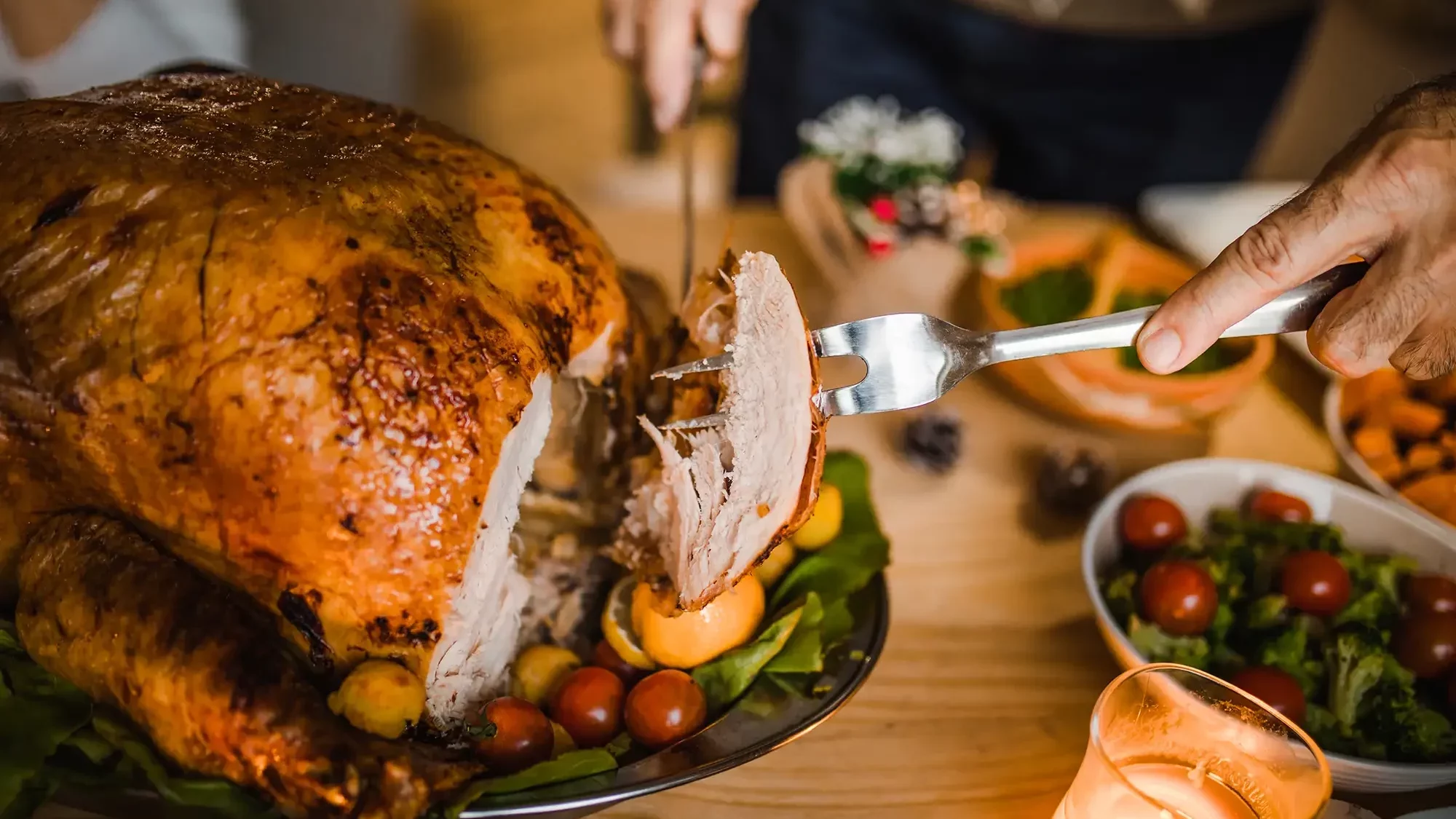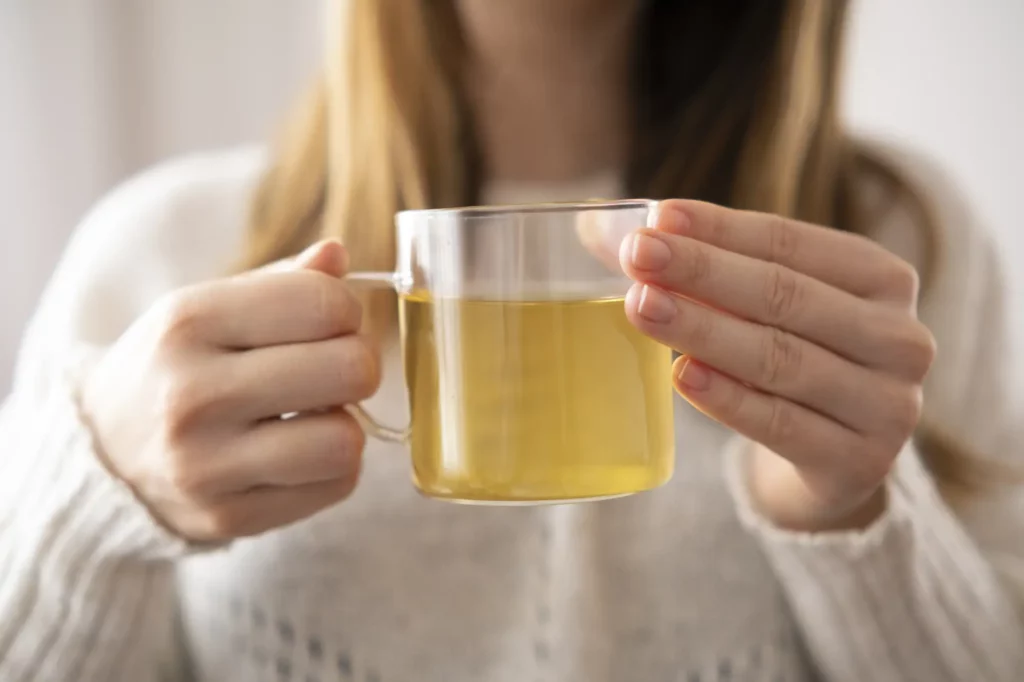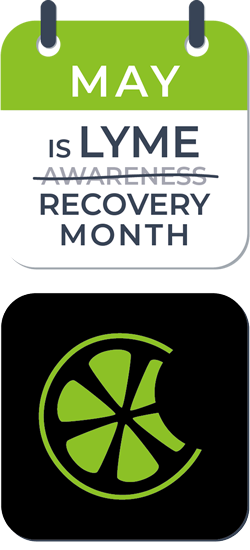You’re about to navigate the holiday season, filled with feasts and treats. But did you know your festive eating habits can affect your sleep? We’ve got you covered! You’ll be able to enjoy the festivities without compromising your slumber. Let’s dive into holiday eating for better sleep – your guide to restful nights amidst the seasonal celebrations.
Key Takeaways
- Diet significantly impacts sleep quality
- Top foods that promote sleep include almonds, turkey, and nutmeg
- Avoid sleep disrupters such as caffeine, alcohol, high-sugar foods, and spicy foods
- Managing meal times, including intermittent fasting and portion control, can enhance sleep quality
Understanding the Food-Sleep Connection
Often, you don’t realize how significantly your diet impacts your sleep quality. You’re not alone if you’ve overlooked the power of sleep inducing beverages and dietary sleep supplements. But let’s change that.
Embrace the freedom to adjust your diet for better sleep. Imagine sipping a warm mug of chamomile tea before bed, not just for comfort, but to enhance your sleep. Or perhaps sprinkling some ground flaxseeds, a great source of tryptophan, on your meal. You’re not just feeding your body, you’re also nourishing your sleep. This is all part of maintaining good sleep hygiene.
Top Foods That Promote Sleep
Now, let’s dive into your sleep-enhancing diet, spotlighting the top foods that can turn your holiday feasts into a sleep-friendly banquet.
Look to include sleep enhancing superfoods like almonds and turkey in your meals. Turkey, which can help increase the production of the sleep-regulating hormone serotonin, is already a fairly common option in holiday meals so you might be covered there. But did you know that almonds are rich in melatonin, a hormone that helps regulate your sleep and wake cycle, and also happens to be an easily portable healthy snack?
Don’t overlook the impact of spices on sleep. Nutmeg, for instance, has sedative properties that can promote sleepiness. Similarly, chamomile and lavender can be used in teas or as aromatics to soothe and induce sleep. These are natural alternatives to clinical sleep medicine like sleeping pills, or even melatonin supplements.
Avoid These Sleep Disrupters
While you’re loading up on sleep-enhancing foods, it’s equally crucial to steer clear of certain sleep disrupters during the holiday season. These include:
- Caffeine: The stimulating effects of caffeine can last for hours, making it harder for you to fall asleep.
- Alcohol: Despite its initial sedative effect, the impact of alcohol can disrupt your sleep cycle, leading to poorer quality sleep.
- High-sugar foods: These can cause a spike in blood sugar, making it difficult to wind down and sleep.
- Spicy foods: These can cause indigestion and discomfort, which can keep you awake at night.
By avoiding these, you’re granting yourself the freedom to enjoy restful, uninterrupted sleep.
Holiday Foods for Restful Nights
Let’s dive into your holiday food repertoire, focusing on options that can help you achieve a sounder night’s sleep. Turkey is well-known for containing tryptophan, which may help you fall asleep. Consider following your meal with a festive dessert such as a tart cherry pie, which is not only delicious but is also loaded with natural substances that promote sleep.
For your seasonal beverage choices, consider warm milk with a sprinkle of nutmeg or a comforting cup of chamomile tea. They’re known for their sleep-inducing properties.
Remember, heavier meals can disrupt your sleep, so keep dinners light and satisfying as much as possible.
Explore these tips freely, and tailor your holiday menu to not only satisfy your taste buds but also to give you that restful sleep you desire. With the right food choices, your holiday can be filled with cheer and rejuvenating slumber.
Managing Meal Times for Better Sleep
In addition to choosing sleep-promoting foods, it’s crucial you also pay attention to your meal times during the holidays to optimize your sleep quality. Managing when and how you eat can significantly impact your sleep patterns. Here are some tips:
- Consider Intermittent Fasting: Limiting your eating window can stabilize your body’s internal clock, enhancing sleep quality.
- Practice Portion Control: Overeating, especially before bedtime, can keep you from getting a good night’s rest. Stick to smaller, balanced meals whenever possible.
- Time Your Meals Regularly: Establish a regular eating routine to align with your body’s circadian rhythm.
- Avoid Late-Night Snacking: Eating close to bedtime can interfere with your sleep cycle.
These strategies give you the freedom to enjoy holiday feasting while maintaining good sleep health. Remember, it’s not only about what you eat, but also when you eat.

Conclusion
By selecting sleep-enhancing foods and spices, avoiding known sleep disrupters, and managing meal times and portions, one can enjoy the festive season’s culinary delights without compromising on restful sleep. This healthy holiday eating approach not only caters to taste buds but also ensures that you can get a good night’s sleep amidst the holiday festivities.
Frequently Asked Questions
I have trouble falling asleep and can’t stay asleep whenever I travel, what can I do?
Having trouble sleeping while traveling is a common issue, whether due to stress, changing time zones, or even just sleeping in a different bed can all result in poor sleep. Cultivating healthy sleep habits like maintaining a consistent sleep schedule, relaxing before bed with some deep breathing, and creating an optimal sleep environment can go a long way to helping you fall asleep faster and get a good night’s sleep, no matter where you are.
Why is my snoring worse when I travel?
Snoring may worsen when you travel due to a combination of factors, such as changes in your sleeping environment, disruption of your regular sleep schedule, and potential increase in fatigue. These changes can exacerbate underlying issues related to sleep disorders like sleep apnea. Additionally, sleeping in an unfamiliar or uncomfortable position, variations in altitude or climate, and indulging in richer foods or alcohol while traveling for the holidays can also contribute to more severe snoring.


